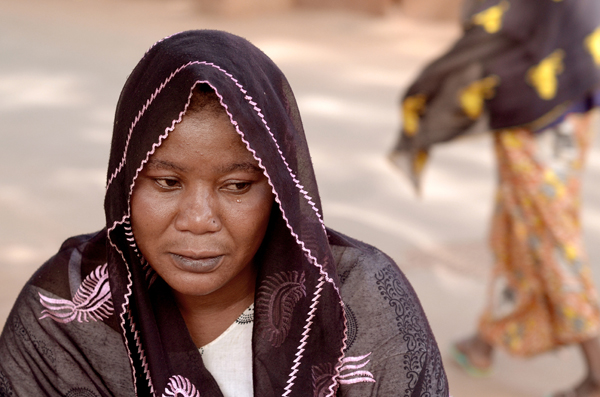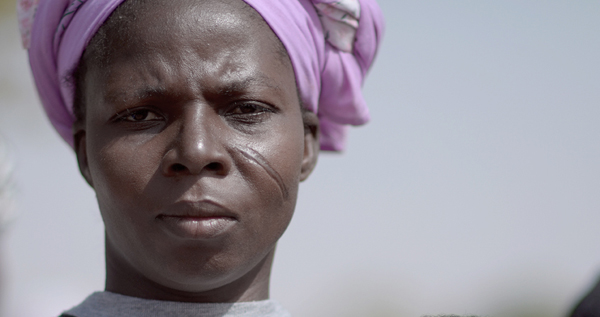
Like millions of mothers around the world, Adjaratou Kinda worries about her children's future. How will they fare in school? What career path will they choose? Will they be healthy and happy? But tragically, she must now also worry about how her five children will survive without their mother. Mrs. Kinda is one of more than 470,000 women diagnosed each year with cervical cancer, a prognosis that, in her West African home of Burkina Faso, is tantamount to a death sentence. Like far too many women in the developing world, by the time Mrs. Kinda learned of her diagnosis, the cancer had already metastasized, spreading beyond the point where treatment was a viable option.
What makes Mrs. Kinda's story all the more heartbreaking is that a simple screening test, available for less than the cost of an average latte, could have prevented her fate and saved her children the anguish of growing up without their mother.
As a survivor of cervical cancer, I know just how fortunate I am to have beaten this disease. Like most women in the developed world, I had easy access to regular cervical-cancer screening, which caught my cancer early and ensured a positive long-term prognosis. My access to a regular Pap test ensured that I would not become one of the 270,000 women who die each year from cervical cancer.
Now travel with me to Côte d'Ivoire, Kenya, India, or any other vulnerable area where the circumstances for women are drastically different. Approximately 80 percent of all cervical cancer deaths occur in developing countries, where more than 95 percent of women have never been screened for the disease. For these women, traditional Pap tests, the most common way to screen for the disease, are either too expensive or unavailable in remote areas. To provide some context, the survival rate for invasive cervical cancer in sub-Saharan Africa is 21 percent, compared with 70 percent in the U.S. Even more astonishing, because of advances in treatment for HIV/AIDS, women in sub-Saharan Africa, the epicenter of the pandemic, are living with HIV but dying from cervical cancer because of the lack of screening.
Fortunately, there are ways to reverse this disturbing inequality in access to cervical-cancer-prevention methods. We can help eliminate this silent killer with a simple, inexpensive, and effective screening method that uses vinegar, an approach that has been carried out successfully in more than a dozen countries. Jhpiego, an international health nonprofit and affiliate of Johns Hopkins University, champions the single-visit approach (SVA) to ensure that women, no matter where they live, can be screened and treated. In one visit, a woman is screened for cervical cancer using vinegar, and if a precancerous lesion is detected, she is immediately offered treatment through a freezing procedure known as cryotherapy. All of this -- screening and treatment -- costs less than $5.
After hearing of Mrs. Kinda's tragic story, I think of her often. I wonder how her children (the eldest is 12 years old, and the youngest only 18 months) will fare without her guidance, wisdom, and love. We know that when a mother dies, her children are 10 times more likely to die within two years of her death. In countries such as Burkina Faso, Bangladesh, or Bolivia, where poverty, malnutrition, and infectious diseases can decimate families, the death of a mother only further deteriorates a child's chance of survival. In the 21st century, women shouldn't be dying from preventable, treatable diseases simply because of their economic status or geographic location. Please join me in championing early and free access to cervical-cancer screening and treatment -- and help save the lives of tens of thousands of women around the globe.

Adjaratou Kinda (photo by Jhpiego/Roy Heisler)

(Photo by Jhpiego/Roy Heisler)